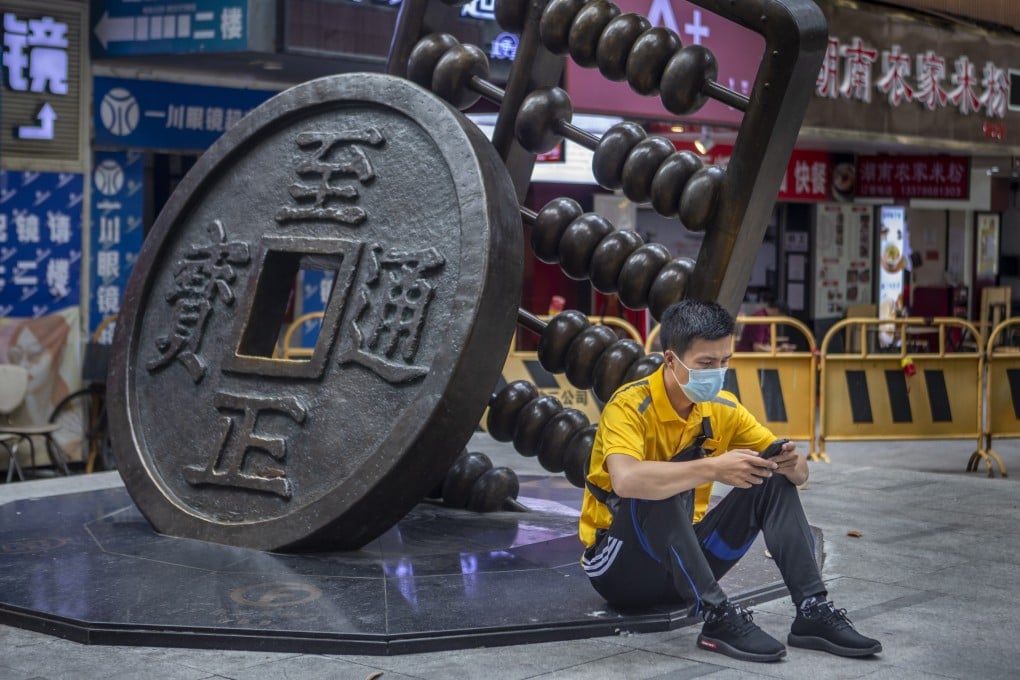Abacus | Will China’s digital yuan help Hong Kong go cashless? Don’t bank on it
- Hong Kong prides itself in being up with the latest technology and being a tech hub. But, cash remains king, and a digital yuan might become a digital yawn
- Digital currencies issued by central banks could be the answer for e-payment-phobia and tackling illicit use of cash, but, it will be an uphill struggle to convince sceptics

Leaving Heathrow Airport in a cab, I was reminded how far down the e-payment path Britain has gone. On my last visit to London most city businesses preferred cashless transactions, but in the countryside a wallet of notes was still useful. Now, even countryfolk are not interested in cash and people throughout the country rarely exchange any at all. Everything is paid for by “tap and go” bank cards, in between dollops of hand sanitiser.
Real money
Small payments, such as taxi fares, are still largely made in small coins and notes, the wet markets are all cash, and even some tunnel crossings between Hong Kong Island and Kowloon are cash only. Many of Hong Kong’s dai pai dongs and tea shops refuse cards, and occasionally larger restaurants will force you to go to the ATM.

By comparison, farmers markets in Britain use Apple Pay or credit card dongles on cellphones, the Dartford Tunnel Crossing under the River Thames is paid for online and referenced against car number plates, taxi drivers would rather take a card for hygiene and convenience reasons, and given that HM Revenue and Customs like to investigate cash transactions in restaurants, no restaurateurs invite it in.

